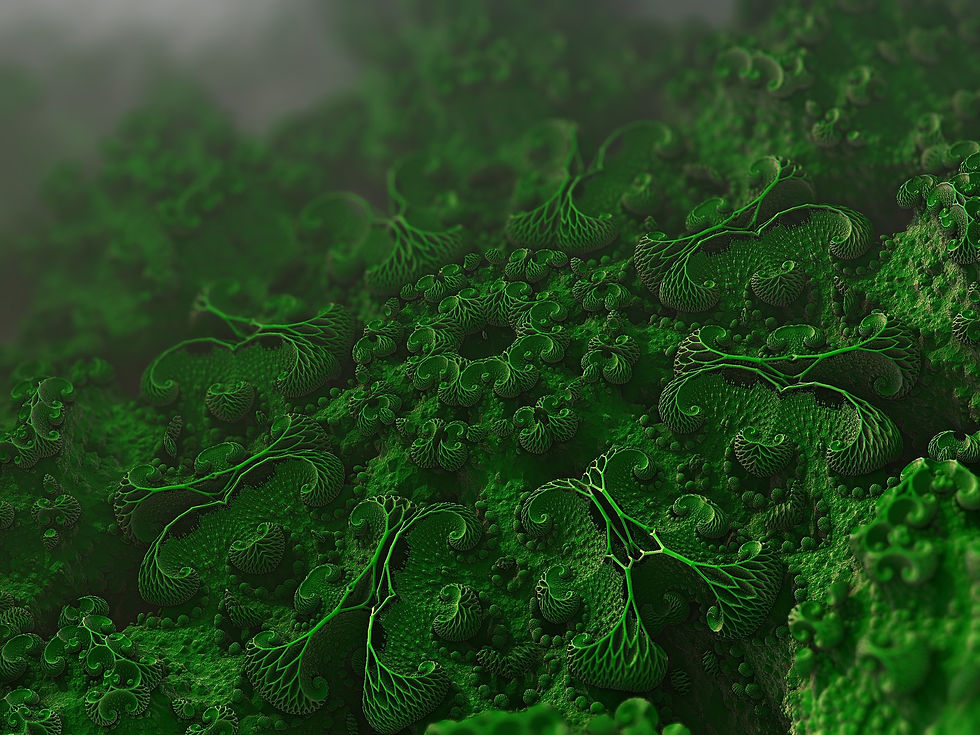Designing Science for Organic Societies
- Maggie Opondo - Trustee Board Member
- Jan 15, 2017
- 1 min read
Science is often thought of by others as a fixed and rigid discipline. After all, there are mathematical formulas and empirical proofs as well as principles that become laws. Granted this is one aspect of science but it misses the artistic and creative side. Science is also evolutionary and adaptive. Science is a tool that enables us to both discover and understand the world in which we live. We can view the large elephant or we can view the tiny micro-organism. All make up the planet in which we live. This diversity of organic life is akin to the diversity found in our social structures. We can examine global, national, or, individual issues. At CSTI we demystify the empirical formulas and dense scientific reports so that even those with no formal schooling can gain a better understanding of our world. In our Sakai project we took meteorological reports and turned them into guides on when to plant and when to harvest. We translated reports on aflatoxins into guides on the spacing requirements for various crops. We taught locals how to adapt engineering drip irrigation techniques using waste plastic water bottles. The result was bountiful crop harvests in drought prone areas (aka climate resilience at the local level). These community based transformations are what encourage me as a Trustee Board Member and why I enthusiastically support the work CSTI is doing.




Comments